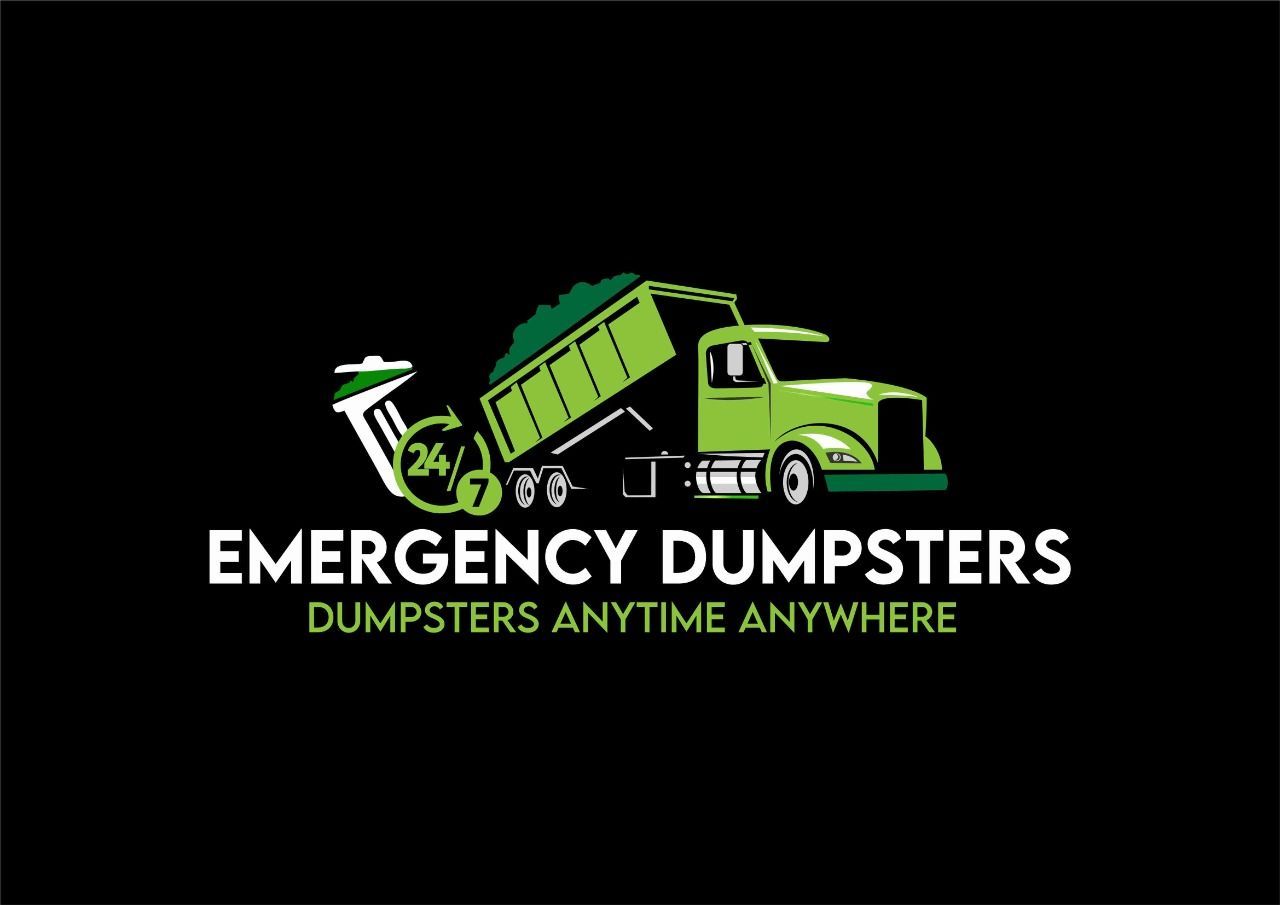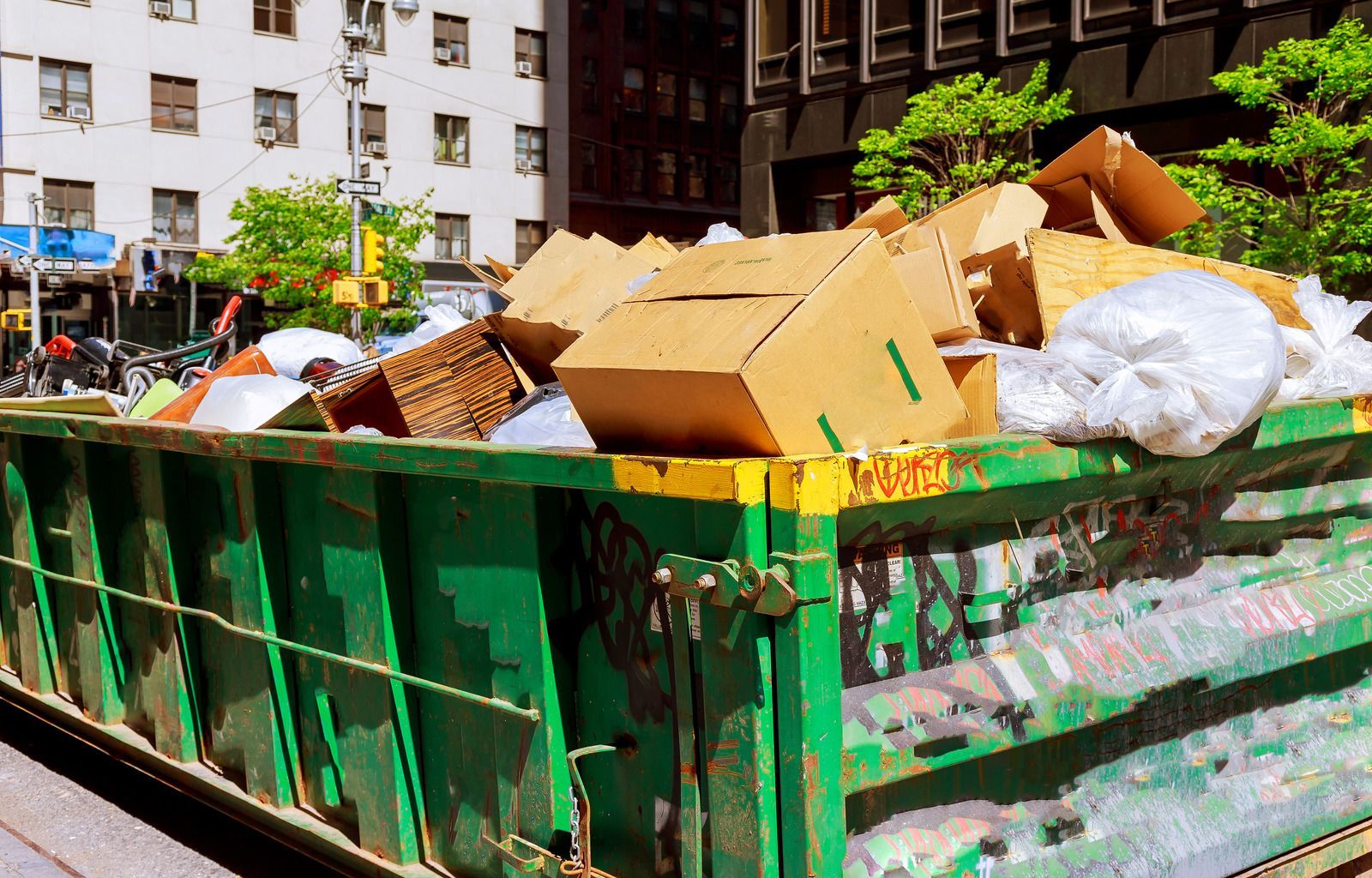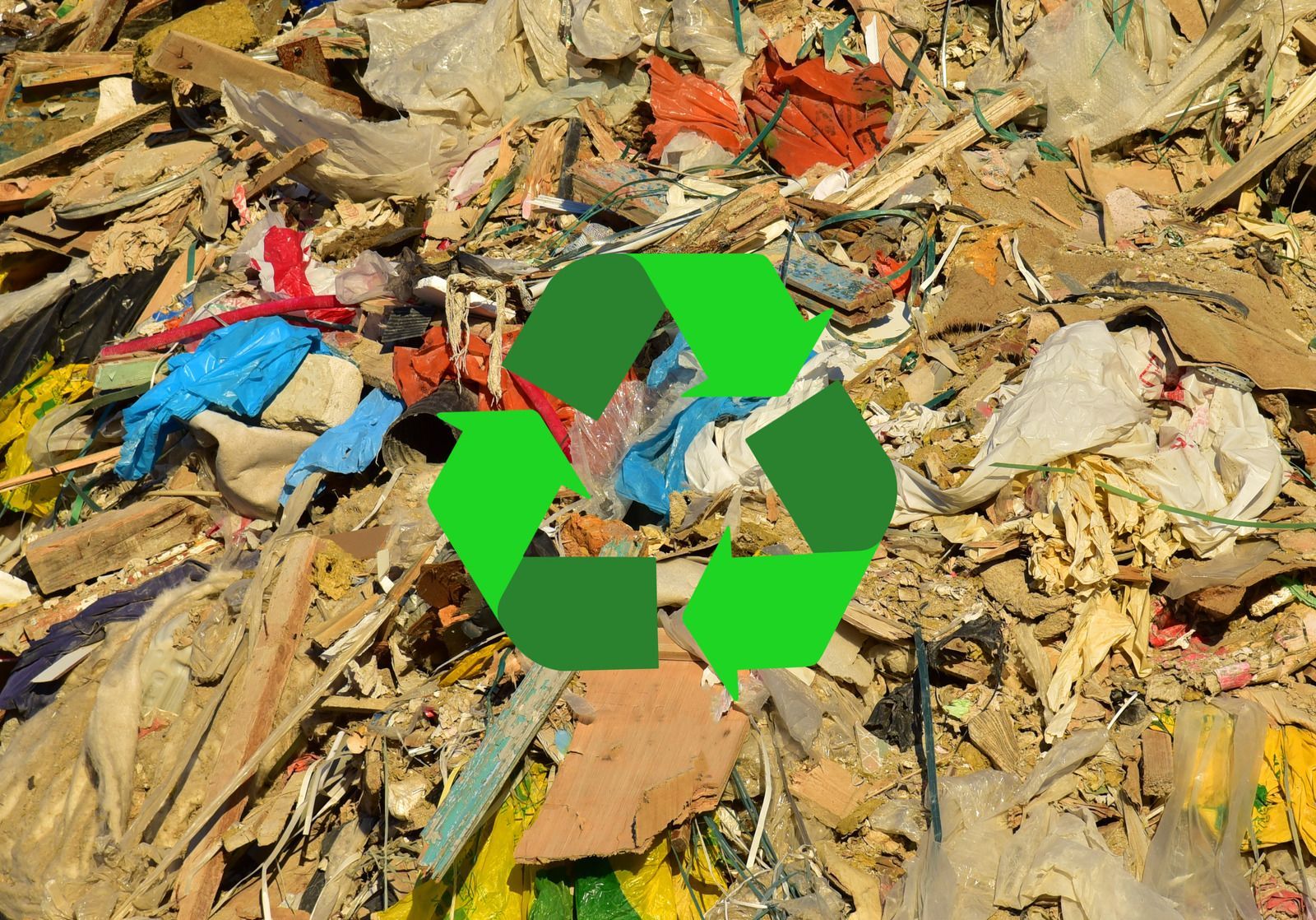When it comes to construction waste management, certain items should never find their way into a roll-off dumpster.
Here are some essential prohibited items that require unique disposal methods to ensure environmental safety:
Concrete and Bricks: Due to their weight and bulkiness, disposing of concrete and bricks in a roll-off dumpster can quickly fill the space, limiting room for other materials. Consider alternative disposal options such as local concrete recycling facilities or designated construction debris drop-off locations.
Hazardous Materials: Chemicals, paints, solvents, and other hazardous materials must never be tossed into a roll-off dumpster. These substances can contaminate the soil and water supply, posing environmental and public health risks. Instead, make use of local hazardous waste collection programs or facilities for proper disposal.
Electronics: E-waste, including electronic devices and components, should be handled separately from construction waste. Electronics contain various toxic components, such as heavy metals and harmful chemicals, which require specialized recycling methods. Look for local e-waste recycling programs or authorized electronic waste collection points for responsible disposal.



